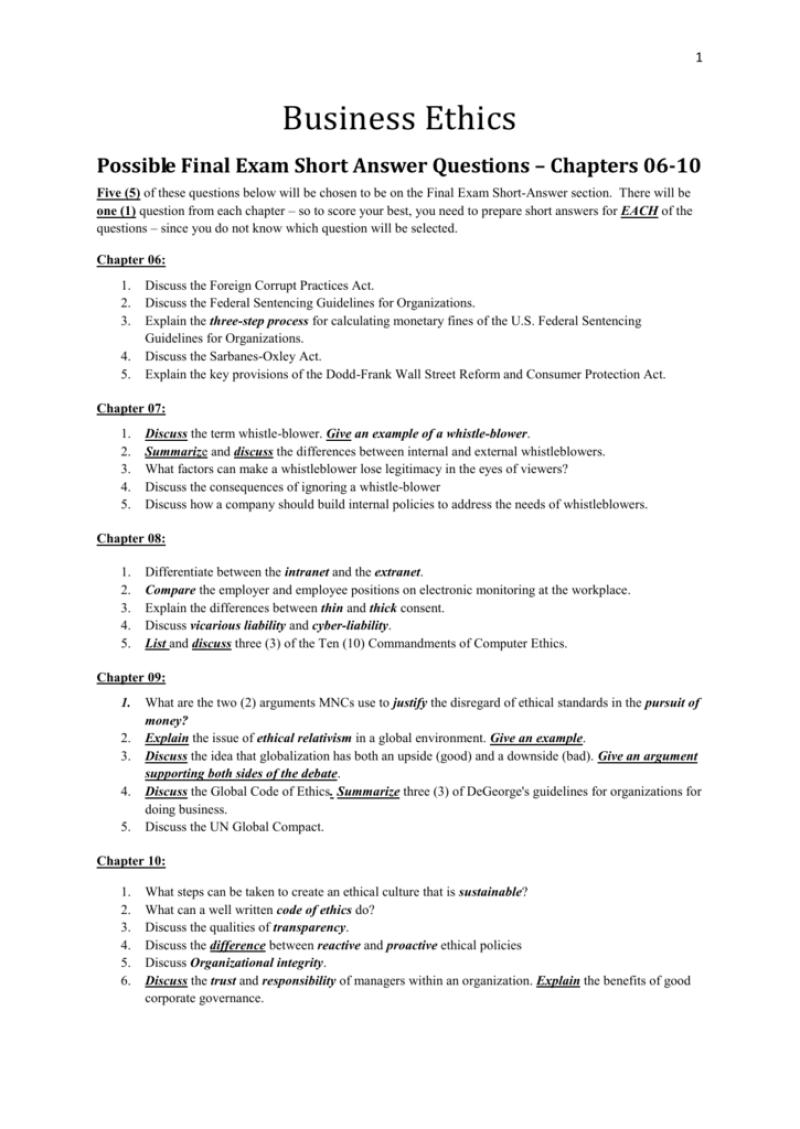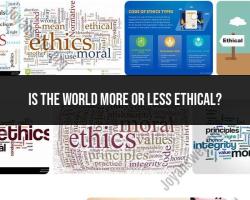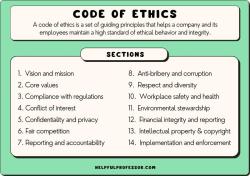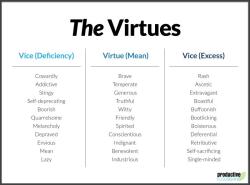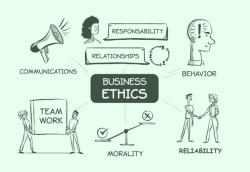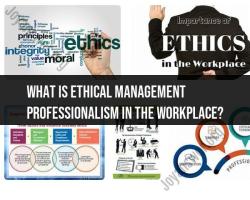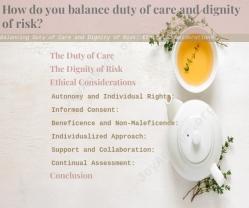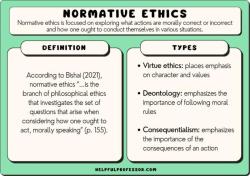What is business ethics quiz?
A business ethics quiz is a set of questions designed to assess an individual's knowledge and understanding of ethical principles and practices within the context of business. These quizzes are often used in educational settings, training programs, or corporate environments to evaluate the participants' grasp of key concepts related to business ethics. The questions in such quizzes cover a range of topics, including ethical theories, corporate governance, social responsibility, and practical applications of ethical principles.
Components of a Business Ethics Quiz:
Multiple-Choice Questions:
- Participants are presented with a question and several answer choices. They must select the correct answer that aligns with ethical principles or practices.
True/False Statements:
- Participants indicate whether a statement about business ethics is true or false. This format assesses their understanding of ethical concepts and principles.
Scenario-Based Questions:
- Participants analyze ethical dilemmas presented in scenarios and choose the most ethical course of action or identify potential ethical issues.
Fill-in-the-Blank:
- Participants complete sentences or statements related to business ethics, demonstrating their knowledge of key terms and concepts.
Matching Questions:
- Participants match ethical principles or theories with their corresponding definitions or applications.
Essay or Short Answer Questions:
- Participants provide written responses to questions that require them to explain ethical concepts, discuss case studies, or analyze real-world ethical scenarios.
Example Questions for a Business Ethics Quiz:
Multiple-Choice:
- What is the main purpose of a corporate code of ethics?a) To maximize profitsb) To promote transparency and accountabilityc) To minimize competitiond) To avoid legal consequences
True/False:
- Ethical relativism is the belief that there is a single, universal set of ethical principles that applies to all cultures and societies. (True/False)
Scenario-Based:
- You discover that a colleague is engaging in unethical behavior that could harm the company. What is the most appropriate course of action?a) Ignore the behavior to avoid conflictb) Report the behavior to a supervisor or the ethics hotlinec) Confront the colleague publicly during a team meetingd) Participate in the unethical behavior to maintain team harmony
Fill-in-the-Blank:
- Corporate social responsibility (CSR) involves businesses taking actions that contribute positively to _____ and _____.
Matching:
- Match the ethical theory with its description.
- Utilitarianism
- Virtue Ethics
- Deontology
- a. Focuses on the inherent goodness or virtues of individuals.
- b. Emphasizes the consequences of actions for determining ethicality.
- c. Advocates adherence to moral rules and duties.
- Match the ethical theory with its description.
Essay Question:
- Discuss the role of whistleblowing in business ethics. When is whistleblowing justified, and what protections should be in place for whistleblowers?
Purpose of a Business Ethics Quiz:
Assessment of Knowledge:
- Evaluate participants' understanding of fundamental ethical principles, theories, and practices in the business context.
Training and Education:
- Reinforce learning from business ethics courses or training programs, allowing participants to apply theoretical knowledge to practical scenarios.
Identification of Gaps:
- Identify areas where participants may have gaps in their understanding of business ethics, helping to tailor further education and training efforts.
Promotion of Ethical Decision-Making:
- Encourage critical thinking about ethical dilemmas and promote a culture of ethical decision-making within organizations.
Compliance:
- Assess participants' knowledge of legal and ethical compliance, ensuring they understand the importance of adhering to both.
Continuous Improvement:
- Provide feedback to individuals and organizations to support ongoing improvement in ethical awareness and behavior.
Business ethics quizzes play a valuable role in assessing, reinforcing, and enhancing ethical knowledge within the business community. They contribute to the development of ethical awareness and behavior, which is crucial for maintaining trust, integrity, and sustainability in business practices.
Topics and Areas Covered in a Business Ethics Quiz
A business ethics quiz typically assesses students' understanding and application of ethical principles in various business scenarios. The specific topics covered may vary depending on the course curriculum, but some common areas include:
1. Foundational Concepts:
- Definitions of business ethics, moral principles, and ethical frameworks.
- Different ethical theories, such as consequentialism, deontology, and virtue ethics.
- Key ethical principles relevant to business, such as honesty, fairness, accountability, and sustainability.
2. Application to Business Functions:
- Ethical considerations in marketing, advertising, and sales.
- Human resource management issues, including discrimination, fair labor practices, and employee rights.
- Ethical dilemmas in finance and accounting, such as insider trading and financial reporting.
- Supply chain ethics, including labor rights, environmental impact, and sustainable sourcing.
- Corporate governance and ethical leadership practices.
3. Real-World Ethical Challenges:
- Case studies of specific business scandals and ethical dilemmas.
- Contemporary issues in business, such as artificial intelligence, data privacy, and globalization.
- Identifying ethical stakeholders and their interests.
- Analyzing stakeholder conflicts and developing ethical solutions.
4. Ethical Decision-Making:
- Models for analyzing ethical dilemmas and making sound decisions.
- Identifying ethical issues and potential consequences of actions.
- Applying ethical principles to resolve complex business situations.
- Justifying and communicating ethical decisions clearly and persuasively.
5. Legal and Regulatory Environment:
- Understanding relevant laws and regulations impacting ethical business conduct.
- Identifying potential legal and regulatory risks associated with unethical practices.
- Compliance with ethical standards beyond legal requirements.
Assessment of Comprehension and Application:
Business ethics quizzes often utilize various question formats to assess students' comprehension and application of ethical principles:
- Multiple-choice questions: Test factual knowledge of ethical theories, principles, and concepts.
- True-or-false questions: Assess understanding of basic ethical judgments and reasoning.
- Short-answer questions: Evaluate students' ability to explain and apply ethical principles to specific situations.
- Case studies and scenarios: Analyze real-world ethical dilemmas and develop solutions based on ethical frameworks.
- Essay questions: Explore complex ethical issues and present well-reasoned arguments and justifications.
Format and Structure:
The format and structure of a business ethics quiz can vary depending on the instructor and course objectives. Some common structures include:
- Multiple-choice quizzes: Focus on factual recall and basic understanding of ethical concepts.
- Case studies with questions: Analyze a specific scenario and apply ethical principles to make recommendations.
- Open-ended quizzes: Encourage critical thinking and application of ethical theories to diverse situations.
- Combination of different question formats: Provides a comprehensive assessment of knowledge and skills.
By utilizing various formats and focusing on real-world applications, business ethics quizzes ensure students not only understand ethical principles but also develop the critical thinking skills necessary to apply them effectively in their future careers.
